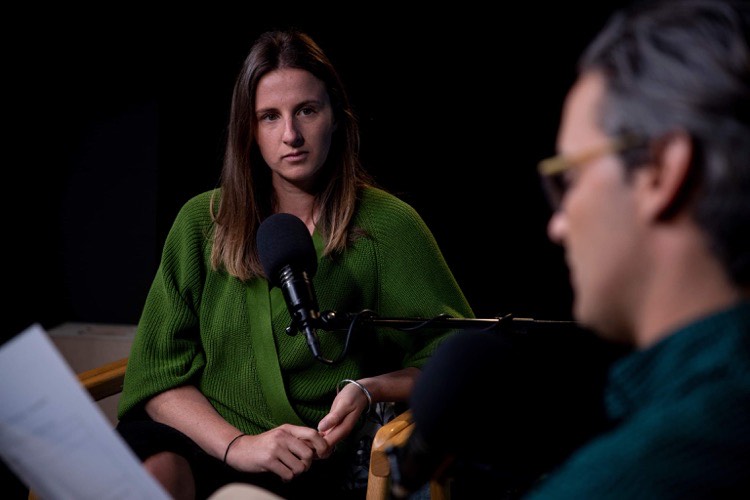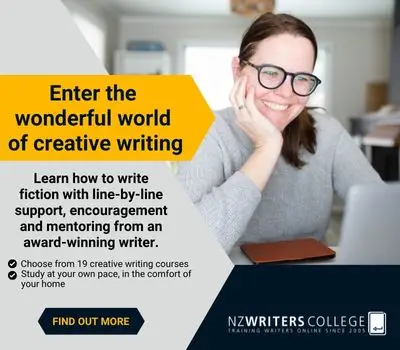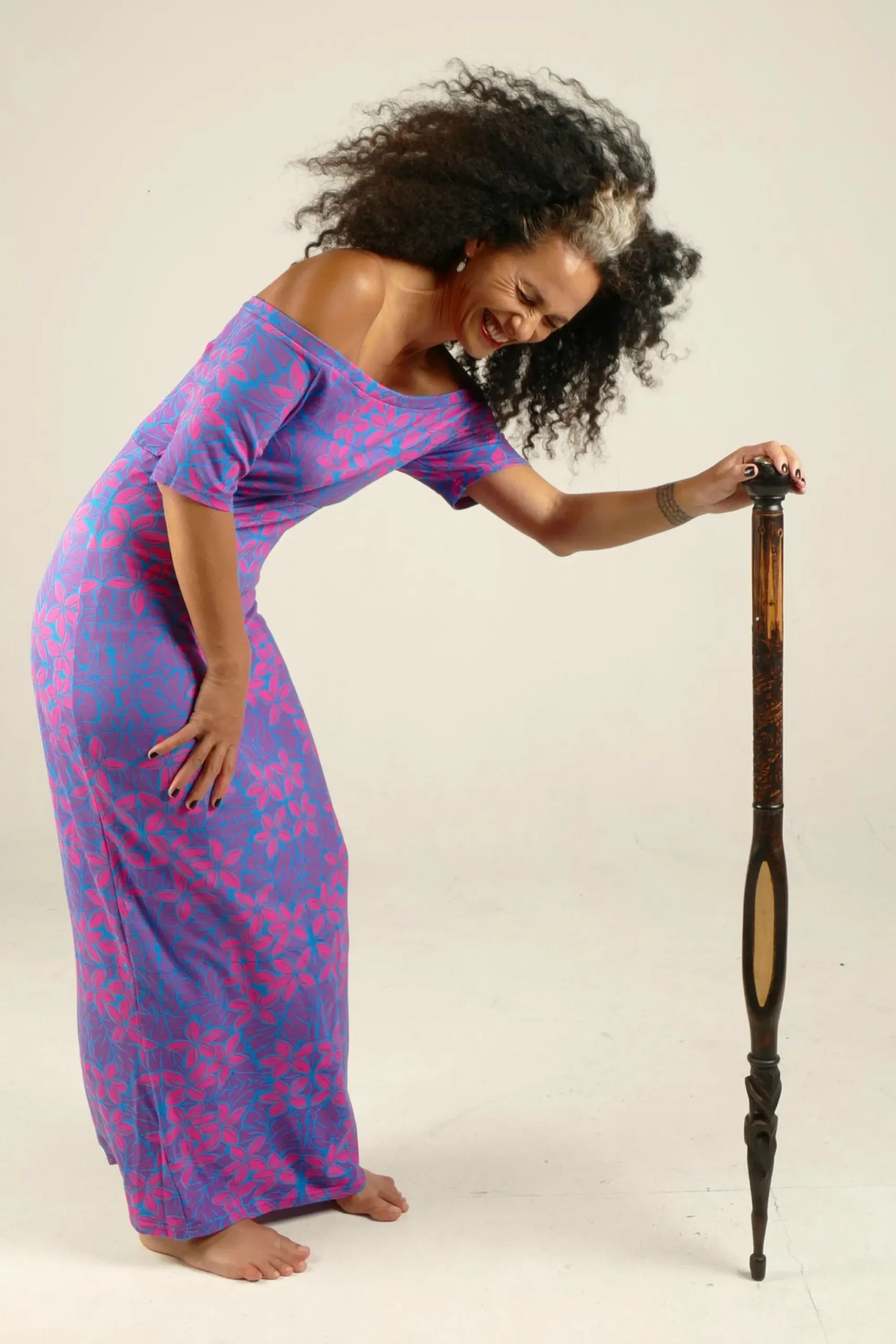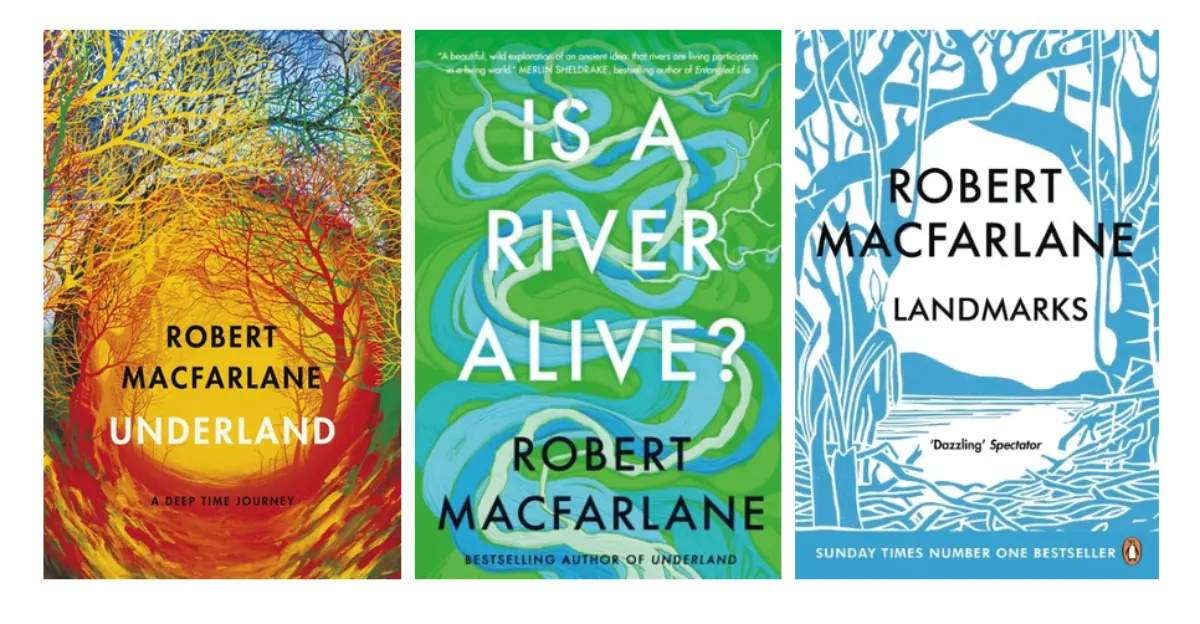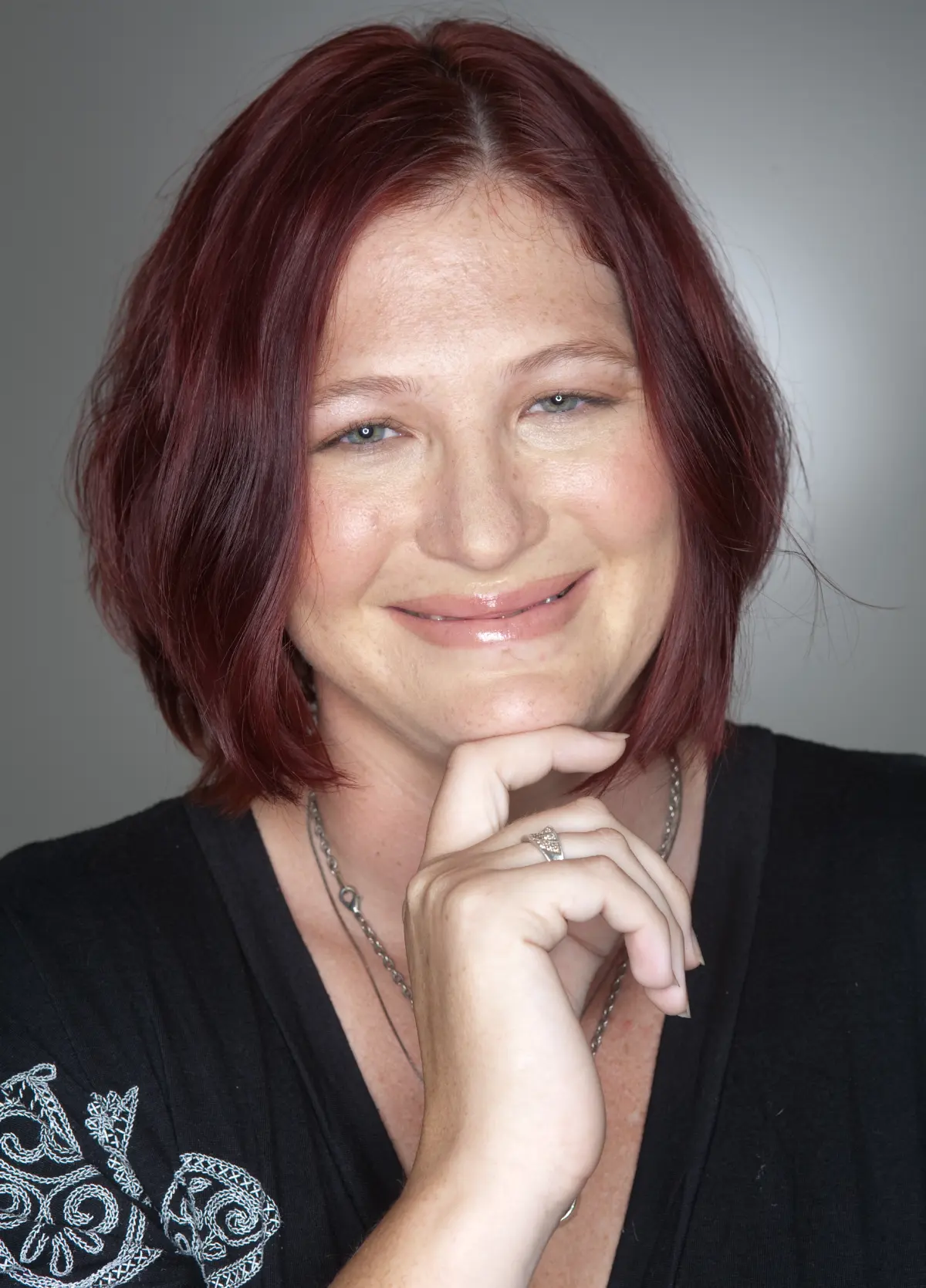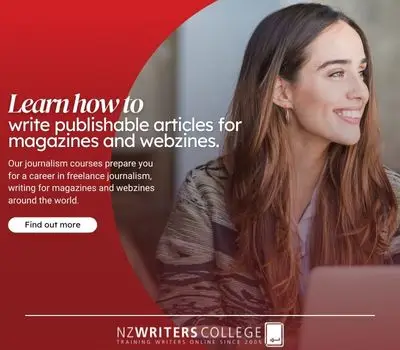WORDS BY JESS COOMBES
Award-winning journalist Emma Russell has built a praiseworthy writing career in only six years. In 2017, she wrote for her home town paper, the Whanganui Chronicle. The following year, she became the health reporter at the New Zealand Herald.
During her five years at the Herald, Emma uncovered two major investigations in women’s health. ‘Cancer: why can’t we get it right?’ won her New Zealand’s Best Social Issues Reporter and a Junior Journo Health Scholarship in 2020. Then ‘In Her Head’ scored her runner-up for Best Social Issues Reporter and finalist for Best Individual Investigation in 2023.
Emma credits her writer’s insight to prominent journalists such as Kim Knight and Cherie Howie, whom she worked alongside at the NZ Herald Head Office. Emma also draws on the discerning guidance of her father and grandfather when writing.
Now on a career break in Fernie, Canada, Emma shares thoughtful advice for new writers.
How have you developed a successful writing practice?
I think we are always learning a more successful writing practice. I was lucky to sit next to Kim Knight and Cherie Howie when I worked at the NZ Herald Head Office in Auckland. They are incredibly talented writers. Kim once told me, ‘Write the intention or question of the story on a piece of paper and stick it to your computer screen; keep that in the front of your mind as you write.’ She also advised, ‘Think about every word you are using, like “shattered” – is that the best word to describe what happened, or is there a better one?’ Feature writing is very different from news reporting.
I was also incredibly fortunate to have top journalists such as Lane Nichols, Elizabeth Binning, Hamish Fletcher, Stuart Dye and Nicholas Jones go over my writing with a fine-tooth comb, and I always listened to their criticism. Don’t get defensive; learn and listen. An editor once said, ‘If you want your writing to improve, read and keep reading.’ Very wise.
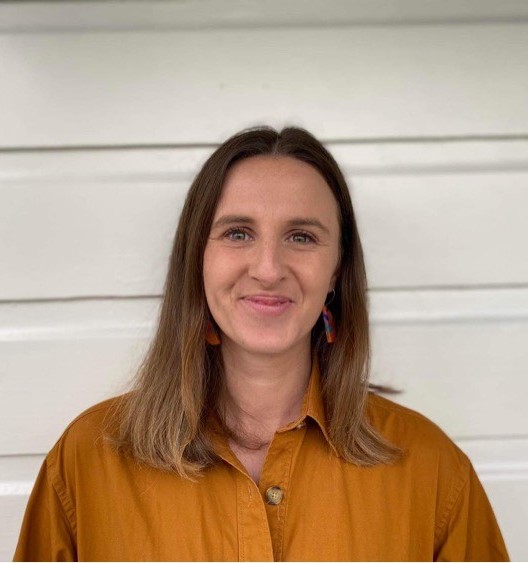
How do you decide what to write about? Where do you get ideas?
Ideas were never my struggle; executing them took more time. Observe the world and people. Record things that don’t feel right to you. Ask questions. Be curious always. The more dismissive answers you get, the bigger the potential story and the higher the possibility of positive change.
What’s it like to make a living as a writer? Have you been able to maintain a work-life balance?
I’m laughing at this question. For me, it was my biggest struggle. I remember the first feature I wrote for the Whanganui Chronicle was about two men who tried to take their own lives at age 17, their fight to find peace and help others. I cried with them and held on to their pain.
When I moved to the Herald, a woman who had lost her baby complained to my boss that I didn’t show enough compassion. Finding that balance of being compassionate but not letting it consume me was always really hard, but getting perspective and living abroad (in Canada) has taught me a lot. Achieving work-life balance is possible, but it’s about finding the tools to help you achieve that and staying aware when you are feeling burnt out.
What advice would you offer to aspiring writers just starting out?
Write what you know, work hard and back yourself.
What tips could you offer a writer about getting published?
Build relationships with relevant people who can help and support you. Listen to advice, but remember your intentions and stay strong to them.
My dad always said, ‘Less is more, Em,’ and I think, as an aspiring writer, this is valid. I have to remind myself of that saying every day.
Also, as I was reading my diary, I came across this piece of advice for writing and reporting: ‘My editors drilled into my head one of the basic truisms of reporting: if I didn’t make the stakes of the issue clear and compelling, most people would not read past the first paragraph.’ This was something Samantha Power said in her memoir, The Education of an Idealist, and it reminded me of the last thing my grandpa said to me before he died: ‘Remember to speak up and speak clear.’
© Jess Coombes 2024
About the Author
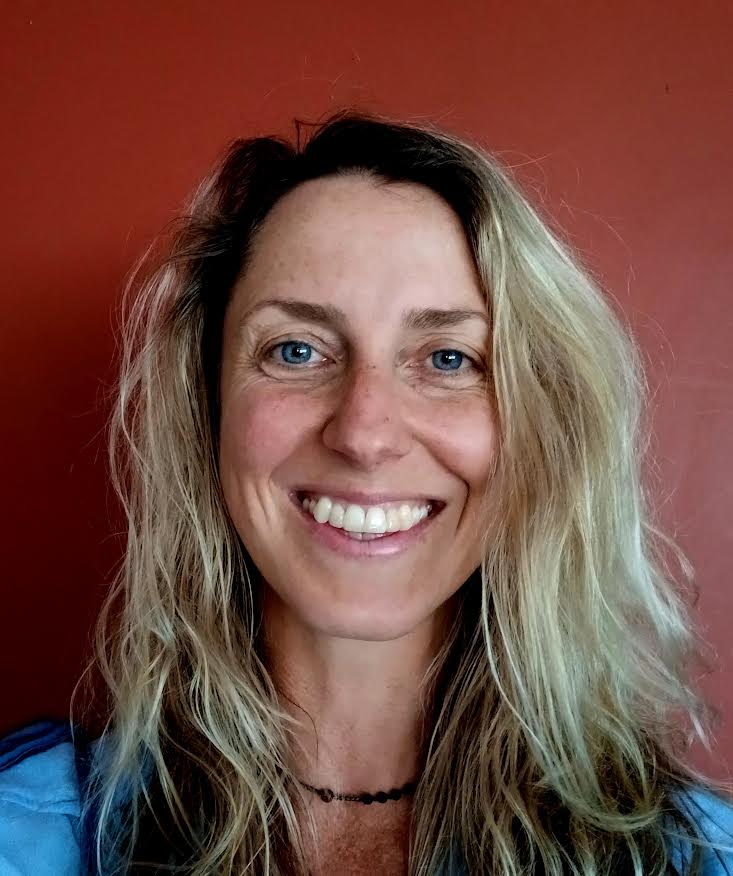
Jess Coombes is a writer and teacher who lives in Taranaki, Aotearoa. You’ll find Jess playing outdoors, surfing, snowboarding or hiking. If not, she’ll be practising yoga and meditation or writing a feature piece. Jess is a qualified freelance journalist who studied at the New Zealand Writers College. She brings her adventures and those of others to life in her articles.
E: jesscoombes1@gmail.com Instagram: @soyogasurf.life

